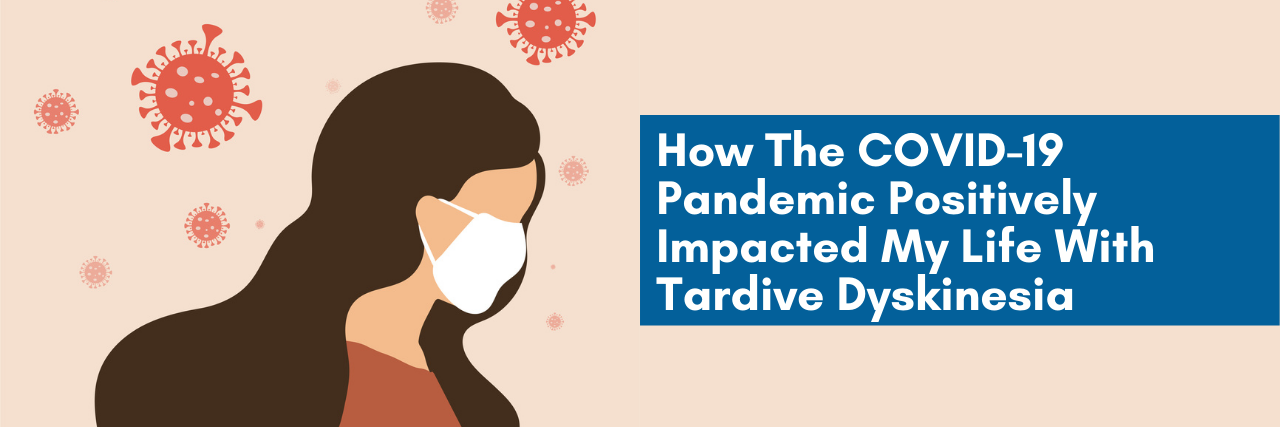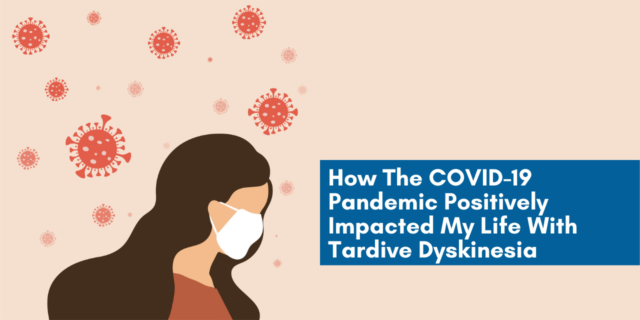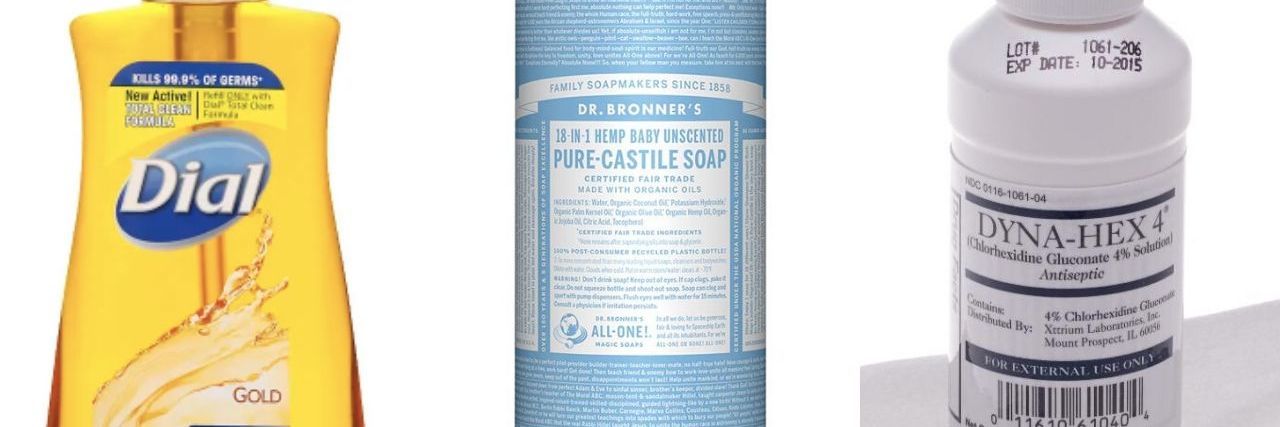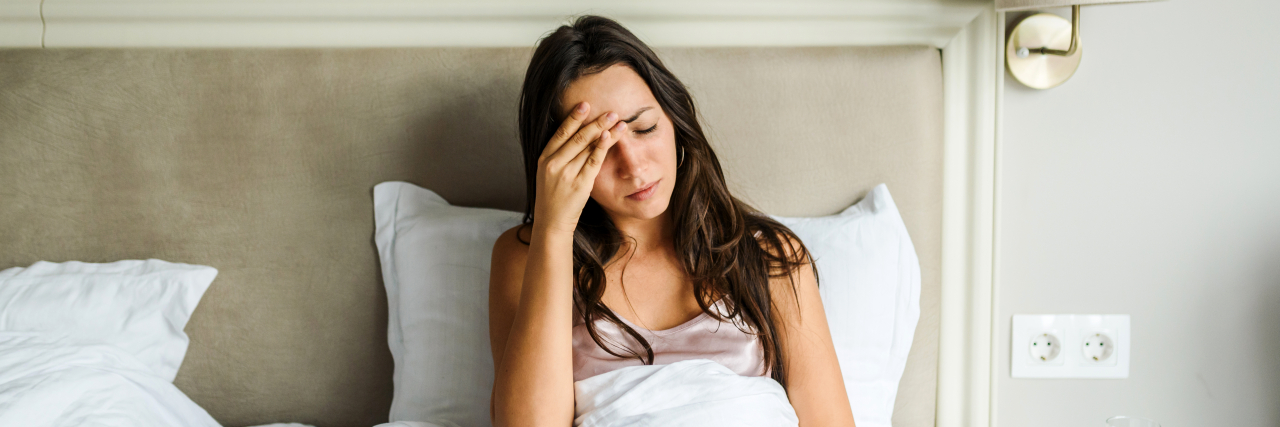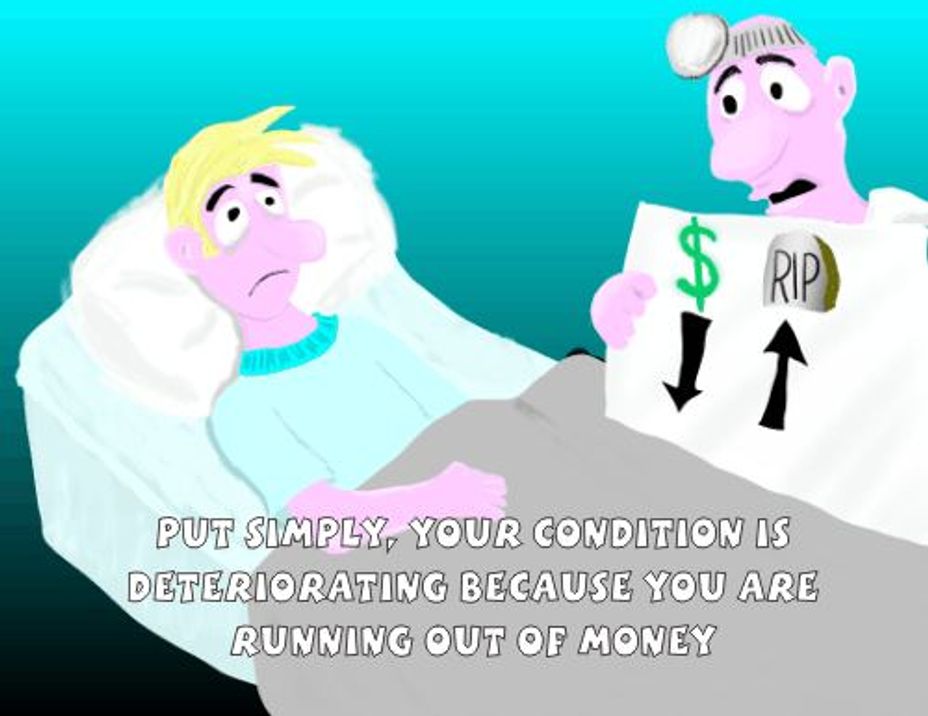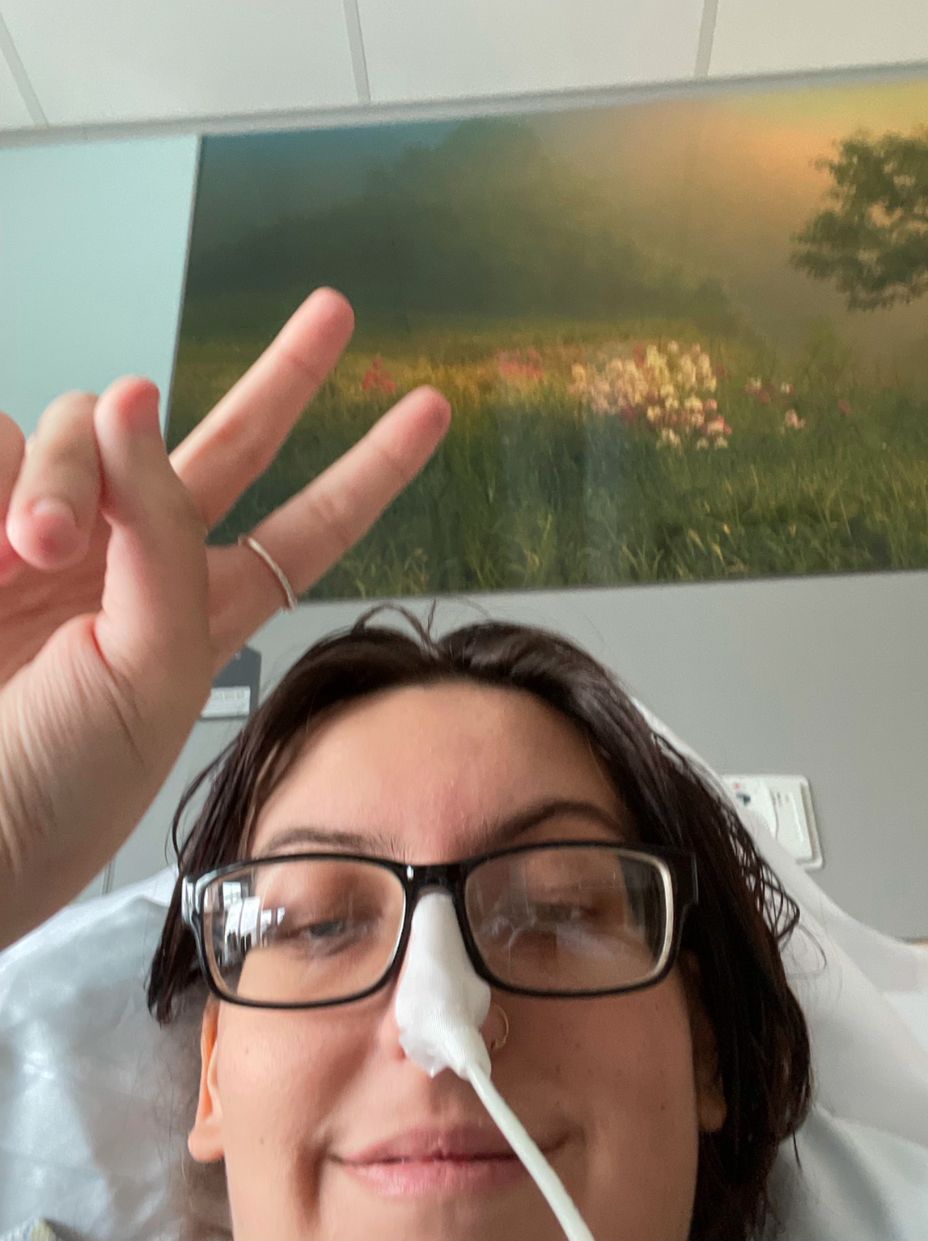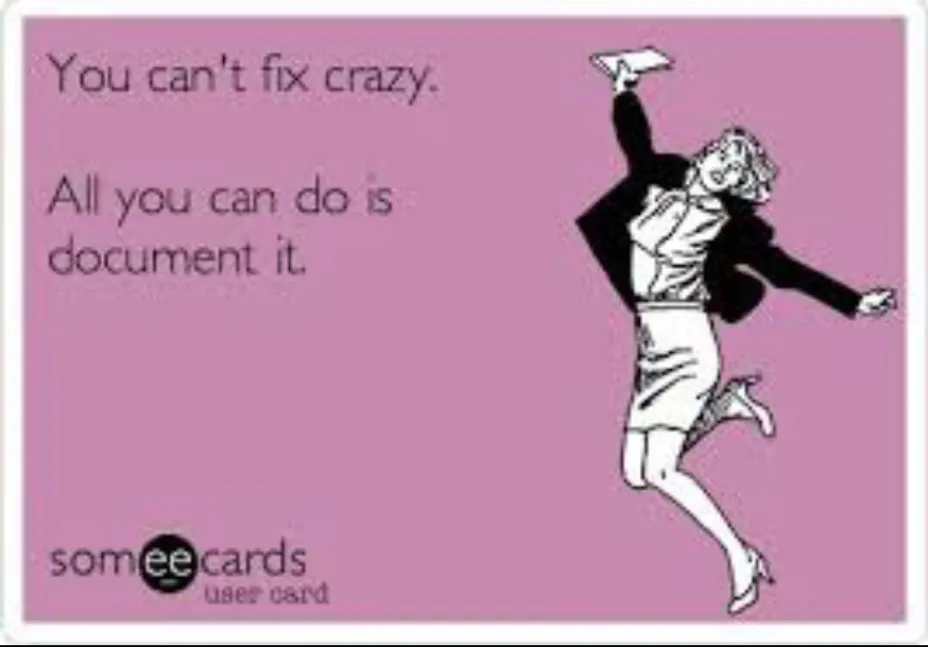Bipolar or not Bipolar I'm lost
I am 42 years old and have suffered with my mental health since I was in my late teens, and have been on and off medication ever since. I live in the UK, so mental health services are patchy at best.
It got extremely bad during COVID, and I was put on antipsychotics.
The past two years, everything has gotten so much worse, where before it was mostly anxiety and when I had mood changes, they were short-lived, and I could hide it from people, now it's not like that.
When my mood changes now, it's so much more intense, for about a day I feel great and almost excited, then I literally stop sleeping sometimes for days, I just sit there all night with my thoughts racing, some nights I can’t even sit as I feel so edgy. People at work will complain about my behaviour because, despite feeling like I'm full of energy, I can’t focus, and I become snappy and angry. In the past year, I have lost friendships I have had for decades because of my thoughts and behaviours, which at the time feel like I'm the victim. By the time I realise what an idiot I'm being, it's too late, I can’t change the past, and I end up getting so depressed and hating myself.
Last year, when I had a turn, I was convinced my best friend's husband was being abusive to her. I had no proof, but in my head it was so real and I felt I had to tell everyone to help her. We had been friends for over 20 years, and I destroyed it in a couple of days.
I have tried to talk to my Doctor, who refers me to my local mental health service, who each time up my doses and discharge me. In fact, at the last appointment, they told me they couldn’t increase them anymore as I was at the maximum.
The last time I had a bad turn I felt I had to do something quick before I lose my job so I used my savings and saw a private psychiatrist and I took all the medical history my family doctor could provide, He didn’t say much about what he thought was wrong when I was there but in the report he sent to my doctor and myself it stated “history indicates a diagnosis of Bipolar Disorder given his episodes of hypomania poor response to antidepressants and family history” he advised my doctor to slowly reduce and discontinue my antidepressants and transition onto a more appropriate antipsychotic. He also advised monthly check-ups, but all of this was just ignored.
Again, I was sent back to my local mental health services, who just reduced some of the dosages of my current medication and said they don’t think it's Bipolar but gave no indication of what it could be.
I told them I felt I would be better off dead, but they truly didn’t seem that bothered and told me to come back in two months if I was still having issues.
I feel like I have reached the end. I have daily anxiety that makes it hard just to leave the house for work. I live in fear every time I feel slightly happy or sad that I'm about to lose my job and my last few friends.
I don’t see any future for myself, my emotions are mixed, is it Bipolar and I'm going to be like this for life most probably on medication that's making it worse or are my local mental health service right and its not and I just carry on living a lonely miserable existence on a path of self destruction.
